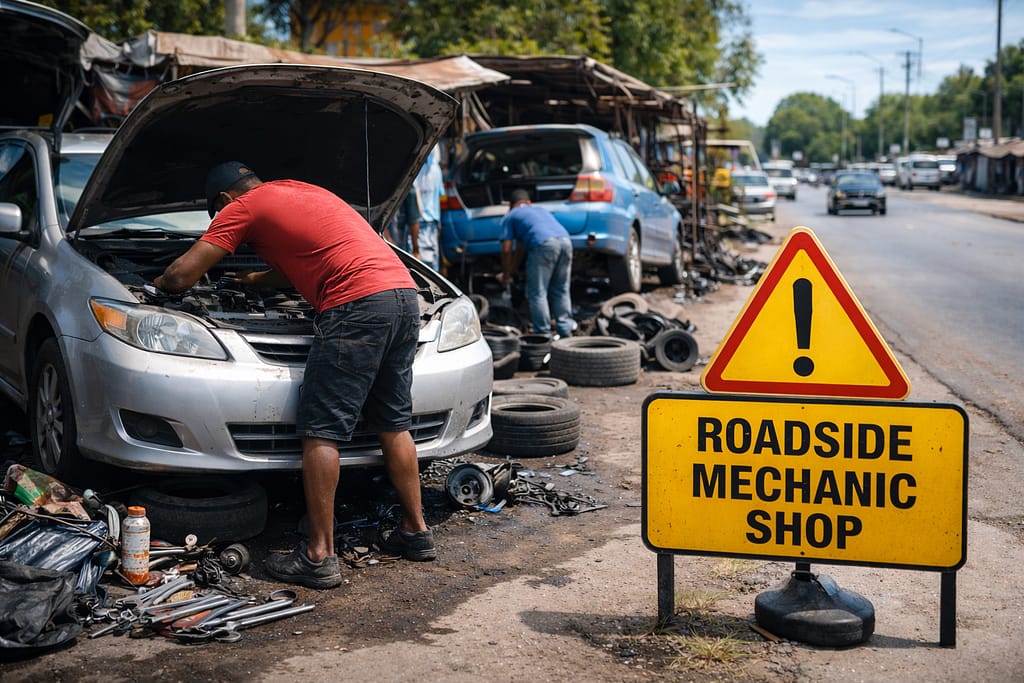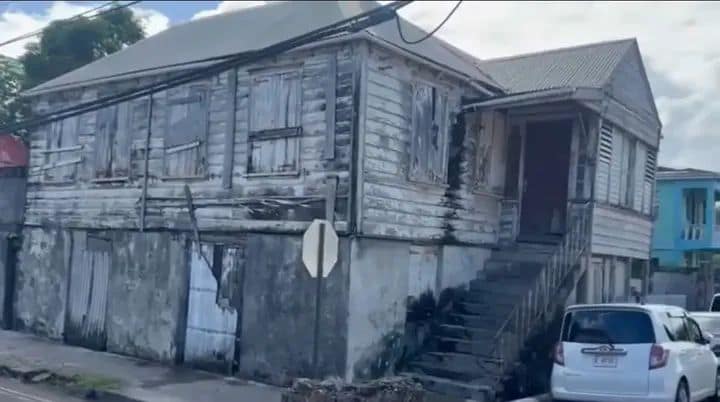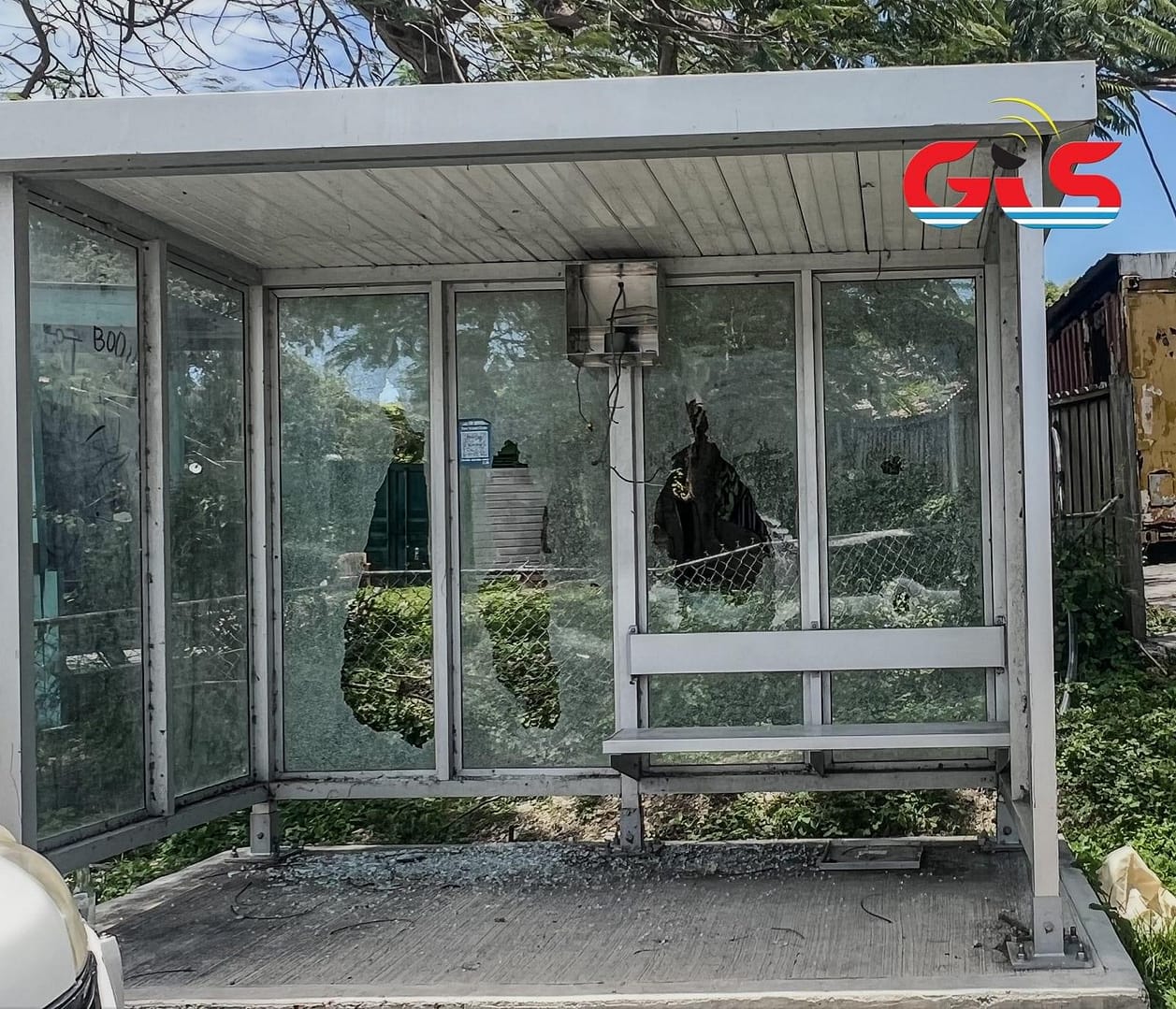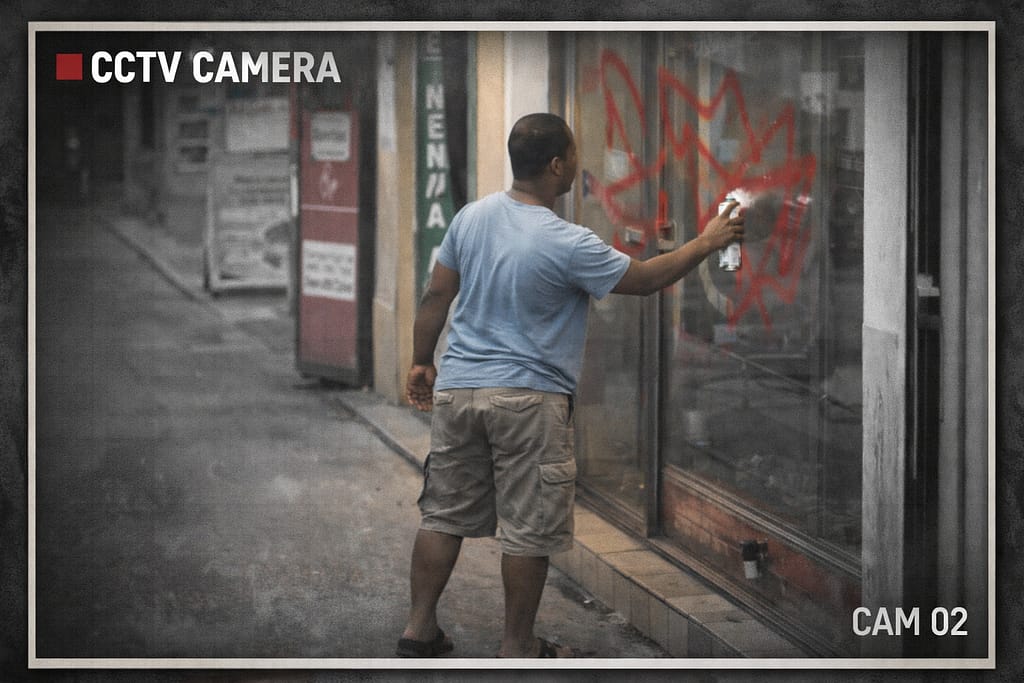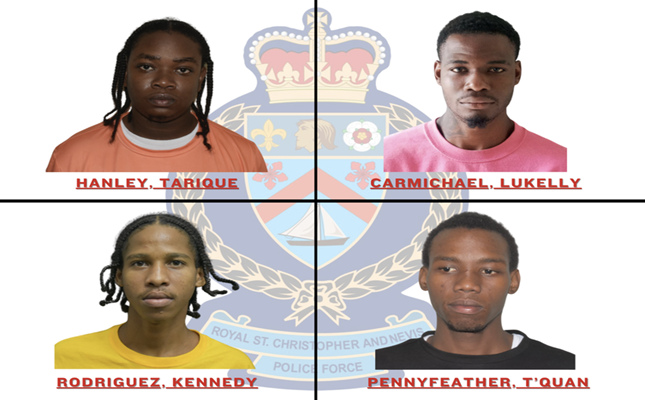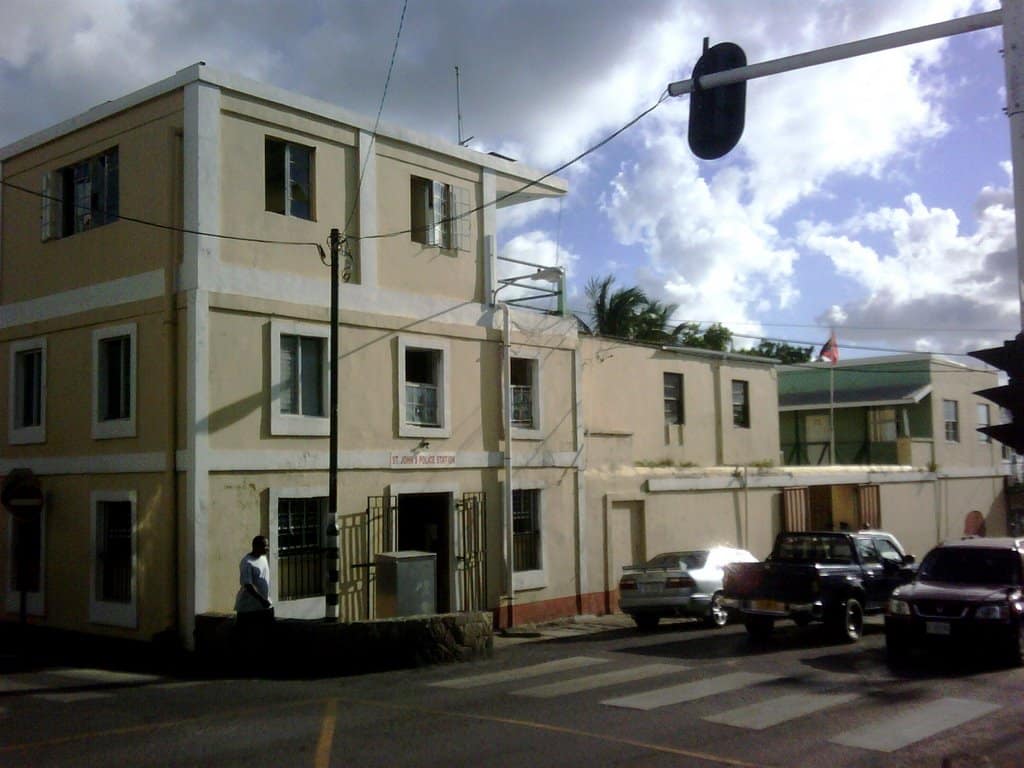A registered nurse in Antigua and Barbuda has issued a profoundly emotional open letter to health authorities, exposing a deepening crisis within the nation’s nursing and midwifery profession. The communication, addressed to the Minister of Health and the public, articulates collective despair over what is described as systemic degradation and governmental neglect.
The recent recruitment of nurses from Ghana under new legislation has ignited fierce criticism, being characterized not as constructive collaboration but as a dismissive imposition. The letter emphasizes that the Antigua and Barbuda Nurses Association (ABNA) was effectively sidelined during this process, exacerbating feelings of alienation among local professionals.
This policy is denounced as a superficial solution to a profoundly rooted problem. The core issue is identified not as a simple staffing shortage but as a severe breakdown in dignity and infrastructure. The exodus of locally trained nurses is attributed to poverty-level wages that fail to match expertise or living costs, chronically understaffed and unsafe working conditions, and a culture of professional victimization against advocates.
Healthcare facilities are reported to be in a state of physical decay, with many clinics operating without reliable running water, consistent air conditioning, or backup generators. The author argues that importing personnel into such a broken environment is an inadequate response.
A particularly poignant point of contention was the lavish banquet held to welcome the newly arrived nurses, which served as a crushing symbol of misplaced priorities. The letter contrasts this public celebration with the consistent lack of recognition for local nurses, who receive no gestures of thanks during Nurses Week or Christmas despite holding the healthcare system together.
The communication concludes with a direct set of demands: meaningful consultation with the ABNA, immediate negotiation for a living wage, a comprehensive plan to overhaul working environments and infrastructure, clear pathways for career advancement, and an end to the victimization of vocal professionals. The author asserts that nurses are not the problem but the essential solution to a crisis that requires honest and respectful surgical intervention, not merely another band-aid.

